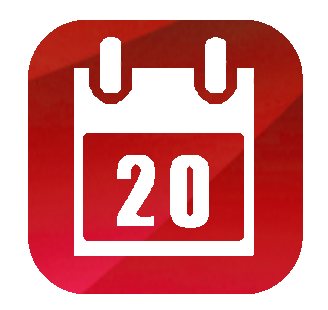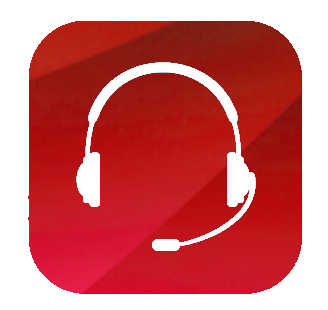One thing that many small business owners do not have the time or expertise to do is financial modelling. This means more often than not, major decisions that will have serious consequences for the business are made with incomplete data.
Developing an operating budget, calculating the likely results of a variety of sales projections, or developing financial models to examine what-if scenarios can make the decision-making process so much clearer. Do you know what would happen to your bottom line if you increased your prices by 10%? Or what would be the result if your supplier increased their prices?
What if the borders were closed and you couldn’t get in your supplies? Do you know how much inventory you should hold to make sure you have a continuous supply for your customers? And do you know the cost to your business of holding higher inventory levels?
Do you know which business expenses are product costs and which are not? How do you allocate the indirect costs to your products – and if you don’t, how do you know that your product prices are covering all of the related costs?
Financial modelling can help you answer those questions and generate valuable information that will enable you to make informed decisions about the way your business operates.

Budgeting
Developing a budget is an important planning function. Skip it and you will have less control over your spending. And working out how to price the goods and services you provide with any degree of accuracy will be extremely difficult.
A budget is a financial plan that is developed using financial modelling. It forecasts anticipated sales and all of the related expenses over a specified period, usually 12 months or two years. Some of your expenses will vary with the level of sales you make, and others will be constant.
For example, raw materials will vary with the number of units you make to sell. Whereas rent for your business premises will stay the same regardless of how many units you sell. Developing a budget will help you to get a better idea of all of the costs incurred by doing business. And that makes them easier to manage (or manipulate).
The process is relatively simple if you know what you are doing. Your skills will improve with each planning cycle you undertake. If you are not sure where to start, financial coaching can help you get started. A coach can guide you through the process of developing and monitoring your business budget.
If you need help developing a budget, get in touch to start a discussion about possible solutions.
Product Costing
Before you set your prices, you need a reasonable idea of what it costs to source your products or provide your services. You can guess. But if you do, you take the risk that the price you offer your clients or customers will not generate a high enough margin. You need to be able to cover all of your costs (both fixed and variable).
I have extensive experience with cost accounting and product costing. And I am prepared to put those skills to use to help you develop accurate product costs for your products and or services. If you need help with this aspect of financial management for your business, get in touch.
Forecasting and Scenario Development
Forecasting and scenario development is commonly known as ‘what if’ modelling. If you are thinking about:
- changing your product mix,
- altering your production methods,
- changing your prices, or
- making any number of changes to your business operations,
Developing a forecast model of each scenario can give you all of the information you need to make informed decisions about your business.





